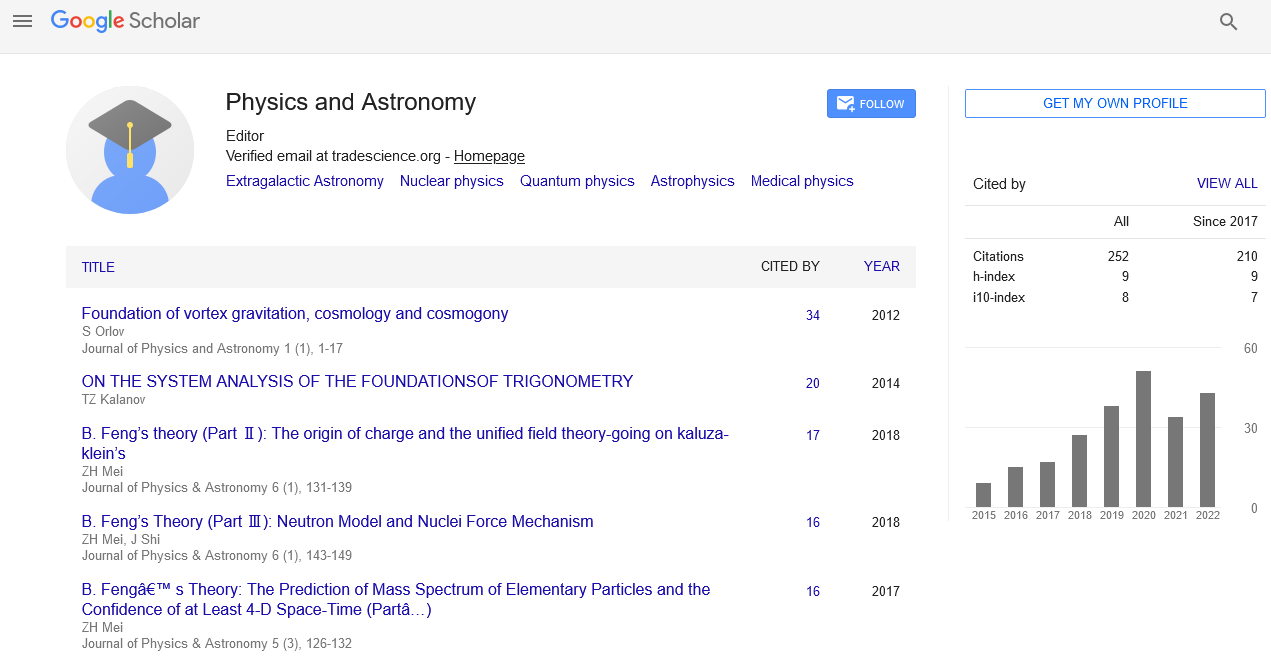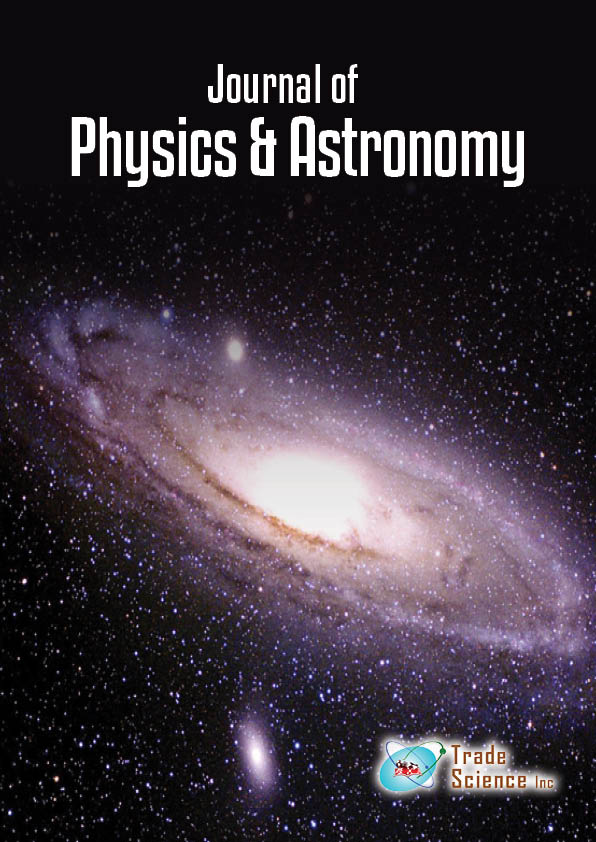Abstract
What is the Event Horizon of a Black Hole?
Author(s): Tadeusz Pastuszek*In this study, the conventional understanding of the event horizon in black holes within the framework of Einstein's general theory of relativity is reevaluated. Contrary to the widely accepted notion that the event horizon acts as a physical barrier from which nothing can escape, it is proposed that it should instead be understood as an abstract mathematical concept, arising from a misinterpretation of escape velocity. Through detailed analysis, it is demonstrated that the gravitational field intensity at the event horizon is significantly lower than previously believed, challenging the existence of phenomena such as Hawking radiation which rely on the traditional concept of the event horizon as a one-way membrane. Utilizing relativistic formulas for the first and second cosmic velocities, the study shows that for any black hole, the escape velocities remain below the speed of light, regardless of the black hole's mass or radius. This ending implies that the concept of an insurmountable event horizon is not supported by the equations of general relativity. The paper concludes by suggesting that black holes represent a distinct state of matter characterized by high but night density and questions the traditional view of black holes within the cosmological narrative. Through rigorous mathematical analysis, this research challenges established paradigms and opens new avenues for understanding the nature of black holes and the fabric of the universe.

